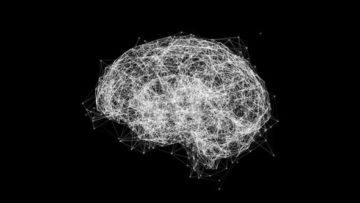Peter Mundy in Scientific American:
 Since the modern era of research on autism began in the 1980s, questions about social cognition and social brain development have been of central interest to researchers. This year marks the 20th anniversary of the first annual meeting of the International Society for Autism Research (INSAR), and it is evident in this year’s meeting that the growth of social-cognitive neuroscience over the past two decades has significantly enriched autism science. For those unfamiliar with the term, social-cognitive neuroscience is the study of the brain systems that are involved in the causes and effects of social behaviors and social interaction. Some of these involve brain systems involved in thinking about other people’s thoughts or intentions, empathizing, social motivation and the impact of social attention on an individual’s thinking and emotions.
Since the modern era of research on autism began in the 1980s, questions about social cognition and social brain development have been of central interest to researchers. This year marks the 20th anniversary of the first annual meeting of the International Society for Autism Research (INSAR), and it is evident in this year’s meeting that the growth of social-cognitive neuroscience over the past two decades has significantly enriched autism science. For those unfamiliar with the term, social-cognitive neuroscience is the study of the brain systems that are involved in the causes and effects of social behaviors and social interaction. Some of these involve brain systems involved in thinking about other people’s thoughts or intentions, empathizing, social motivation and the impact of social attention on an individual’s thinking and emotions.
At the same time, research with and for autistic people has also enriched social-cognitive neuroscience and the understanding of how our social minds develop. Autism spectrum disorder (ASD) is a complex and heterogeneous part of the human condition, or neurodiversity. It is associated with a wide range of life outcomes, from “disorder” or the profound challenges that encumber about 30 percent of affected individuals with minimal language and intellectual disability, to “differences” among people who have well-above-average abilities and accomplishments.
More here.
